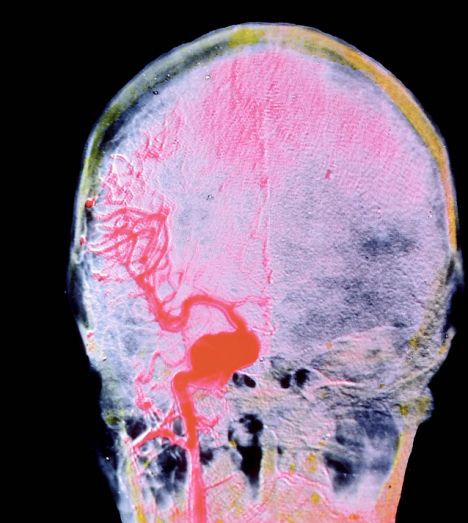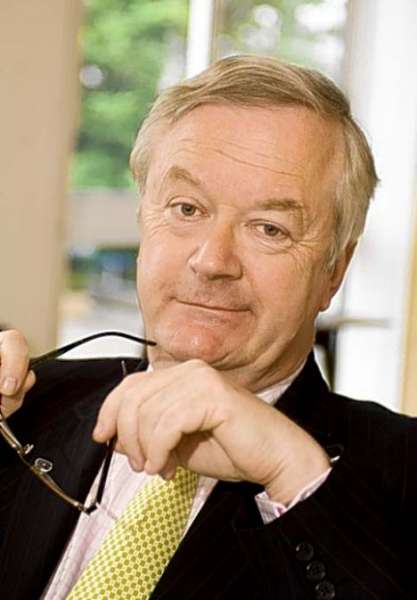
A stroke can happen to anyone – at any age – and is the second leading cause of death in the Western world, writes Louise Ellis
Those who do survive a stroke, caused by arteries supplying blood to the brain becoming blocked or ruptured, are left with a frightening loss of body functioning and often partial paralysis. Figures show that only 10% of sufferers will make a full recovery.
Dr Martin Stephen, headmaster of

Martin was told by doctors that his stroke was caused by atrial fibrillation (AF), a condition also known as cardiac arrhythmia, when a heartbeat becomes irregular, sometimes increasing to 160 beats a minute (a normal adult resting heart rate is 60-100 beats per minute). He had been diagnosed with AF a couple of years previously, and told by doctors that the most likely cause was stress. The condition allows blood to circulate in the large chambers of the heart longer than is normal, resulting in an increased chance of clotting. When the heart returns to a normal rhythm, the clot is propelled into the arteries, and if it blocks a vessel supplying the brain, it can trigger a stroke.
Patients with AF are at a significantly increased risk of a stroke. However, there are many other causes of the condition, including high blood pressure, high cholesterol, smoking, diabetes, poor diet and increasing age.
Read more here about Martin Stephen’s experience and rehab programme, which included bouncing a tennis ball 2,000 times against a wall each day, and reciting poetry.
